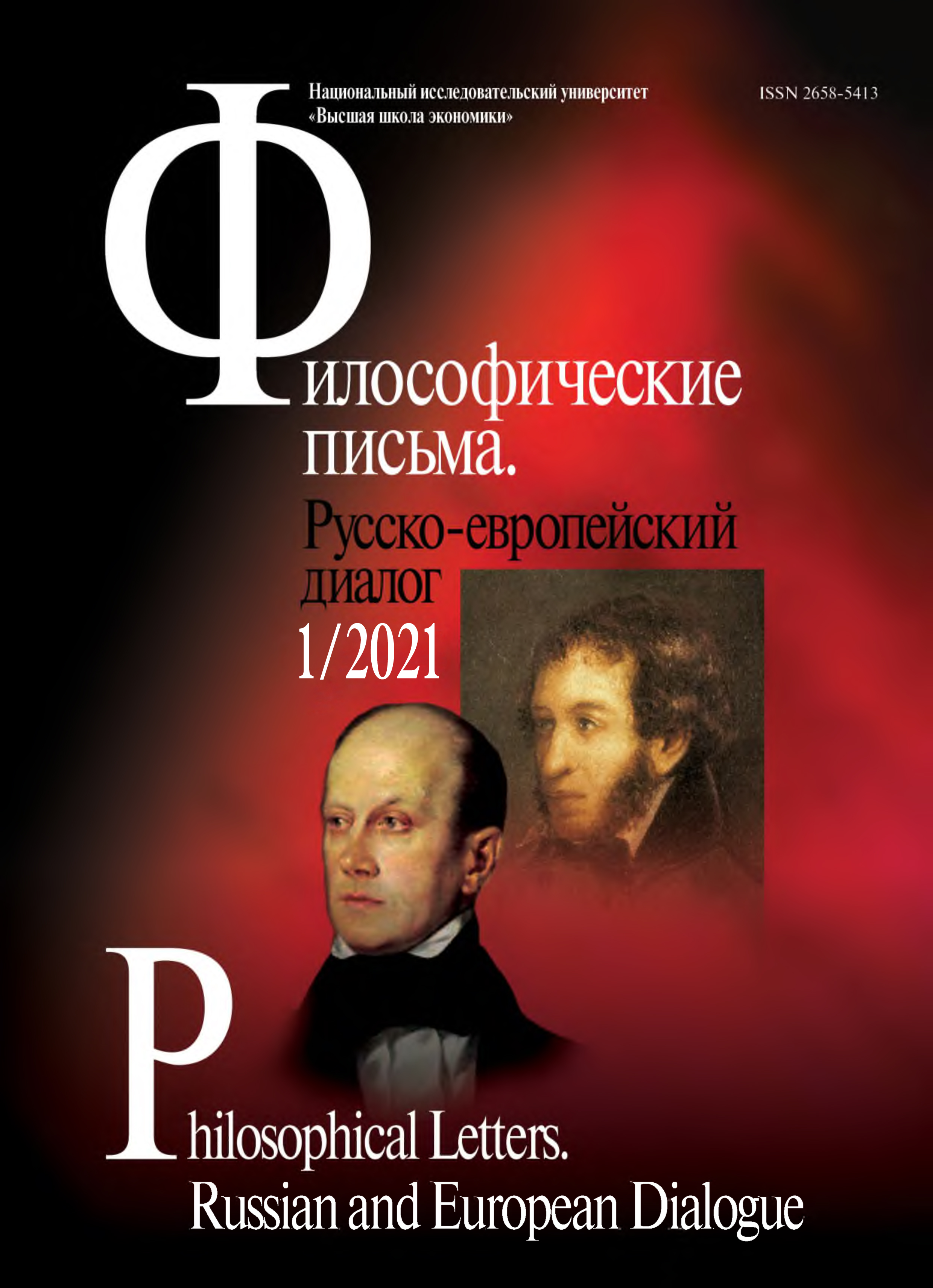Русская религиозно-философская мысль XIX века и Оксфордское движение
Аннотация
В статье делается попытка осмыслить причины взаимного интереса русских мыслителей XIX столетия и представителей Оксфордского движения. Этот феномен связан с тем, что благодаря трансферу идей, который начался еще в XVII столетии, Россия к началу XIX века оказалась включена не только в научную и философскую мысль Европы, но в лице отдельных представителей интеллектуальной элиты и в религиозно-философскую, прежде всего благодаря мощному влиянию пиетизма. Последний, как показывают современные исследования, стал важной составляющей российского богословского образования уже с конца XVIII века. Ключевые проблемы религиозной жизни, которыми задавались миряне и богословы Европы, по сути, были сформулированы еще в период Контррефомации и поставлены на Тридентском соборе. Прежде всего, это вопросы экклезиологического характера: о роли христианской общины в жизни церкви, литургии в жизни общины (и тесно связанный с этим круг вопросов о причастии, о проповеди и т.д.). Философы, тяготевшие к религиозной парадигме, вносили в решение этих вопросов философскую составляющую. Таким образом, вопрос о христианском единстве рассматривался в связи с типичным для романтиков и шеллингианцев представлением об органическом единстве мира. В русской традиции это было выражено А.С. Хомяковым в статье «Церковь одна», созданной под влиянием Оксфордского движения и современной английской религиозной мысли. С ней философ был знаком благодаря общению с ее представителями в Англии и России.

